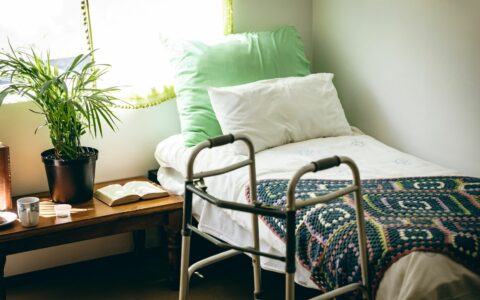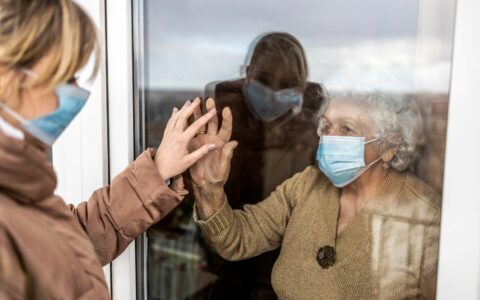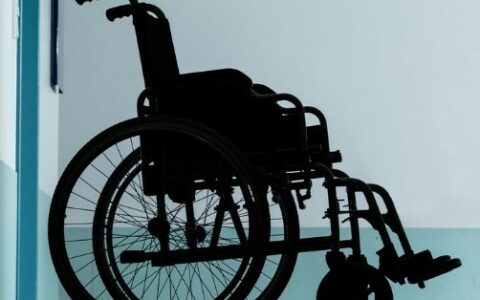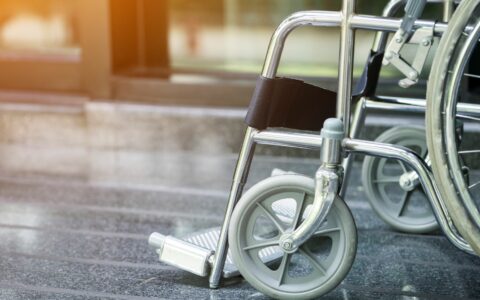-
 3 mins
3 mins
The Pandemic Response and the Myth of the Caring Society
There is a glaring inconsistency between our self-perception as 'caring' and the reality of our actions
-
 5 mins
5 mins
Lockdown and Communication Changes are Leaving Many Disabled People Behind
Autistic people and those with learning disabilities continue to face reduced access to essential services and supports
-
 6 mins
6 mins
EDITORIAL: Proportionality in Care Home Restrictions
Measures that compromise individual freedom and wellbeing - especially those imposed "for the sake of others" - require careful cost-benefit analysis
-

CG REPORT 6 Q3: What explains excess mortality in care homes?
Studies show that a number of different measures could have been taken to reduce COVID-19 cases and deaths in care homes.
-

CG REPORT 6 Q2: How does mortality in care homes compare with pre-pandemic periods?
All assessed studies report excess mortality during during waves one and/or two of the pandemic.
-

CG REPORT 6 Q1: What were mortality rates in care homes by country?
Care home deaths constituted an average of 30% of all COVID-19 deaths across 25 countries.
-

CG REPORT 6: Effects of COVID-19 in Care Homes - A Mixed Methods Review
The COVID-19 pandemic disproportionately impacted those living in care homes at the highest risk for severe outcomes. However, the pandemic only highlighted and exacerbated a long-running problem: underfunding, poor structural layout, undertraining, under-skilling, under-equipping, and finally, lack of humanity in dealing with the most vulnerable members of society. Neglect, thirst, and hunger were - and possibly still are - the biggest killers.
-
 6 mins
6 mins
ESSAY: ‘Special liberties’ and the amnesia of Covid-19 suffering and sacrifice
Stories from frontline adult care worker staff